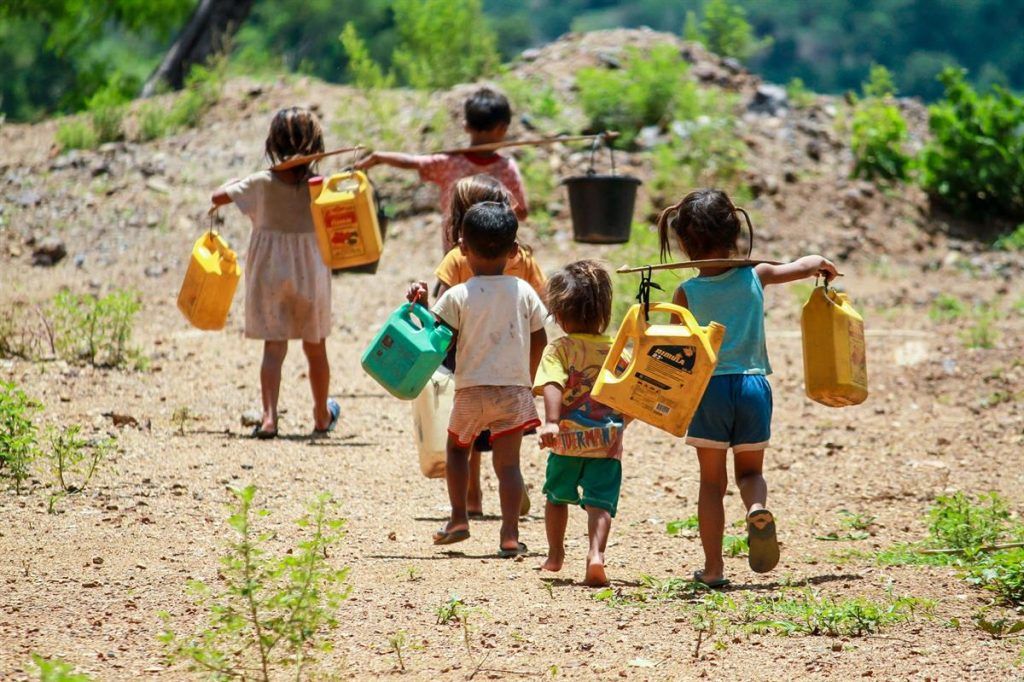The WTO highlighted the impact of climate change on the security of the Sahel in its annual World Trade Report, released Monday.
The Sahel is a semi-arid transition zone dividing the Sahara Desert to the north and tropical Africa to the south.
Agriculture and livestock remain the main economic pillars of the region. However, climate change threatens the availability of food, water, and energy, jeopardizing regional security.
Low rainfall and frequent droughts in recent years have forced pastoralist populations to migrate to wetter areas for extended periods.
This migration often leads to conflicts over land and resources with sedentary farmers. These clashes tend to arise periodically, especially over water and fodder, and in regions with lower agricultural productivity.
The WTO predicts that climate change will worsen these challenges. It will lengthen the dry season, increasing the overlap between land used for crops and livestock, which will further heighten the risk of conflict.
Climate change
The WTO indicated that a 1°C increase in temperature has been found to increase the probability of farmer-pastoralist conflict by 54% in the Sahel, compared to a 17% increase in the probability of conflict in places where farmers and pastoralists do not have to compete for access to limited land and water resources.
These conflicts limit the ability of local communities to adapt to climate change, potentially creating a «climate conflict trap.»
Climate change-induced instability can also affect trade, including small-scale cross-border trade.
Conflict destroys food supply and farm production capacity and ultimately deters investment throughout the agricultural value chain.
This instability in agricultural markets often translates into higher food prices, which disproportionately affect the poorest households.
In this context, risk management strategies, including climate-resilient agricultural investments, crop diversification, insurance and safety nets, can help farmers adapt to climate change while mitigating conflict risks.

